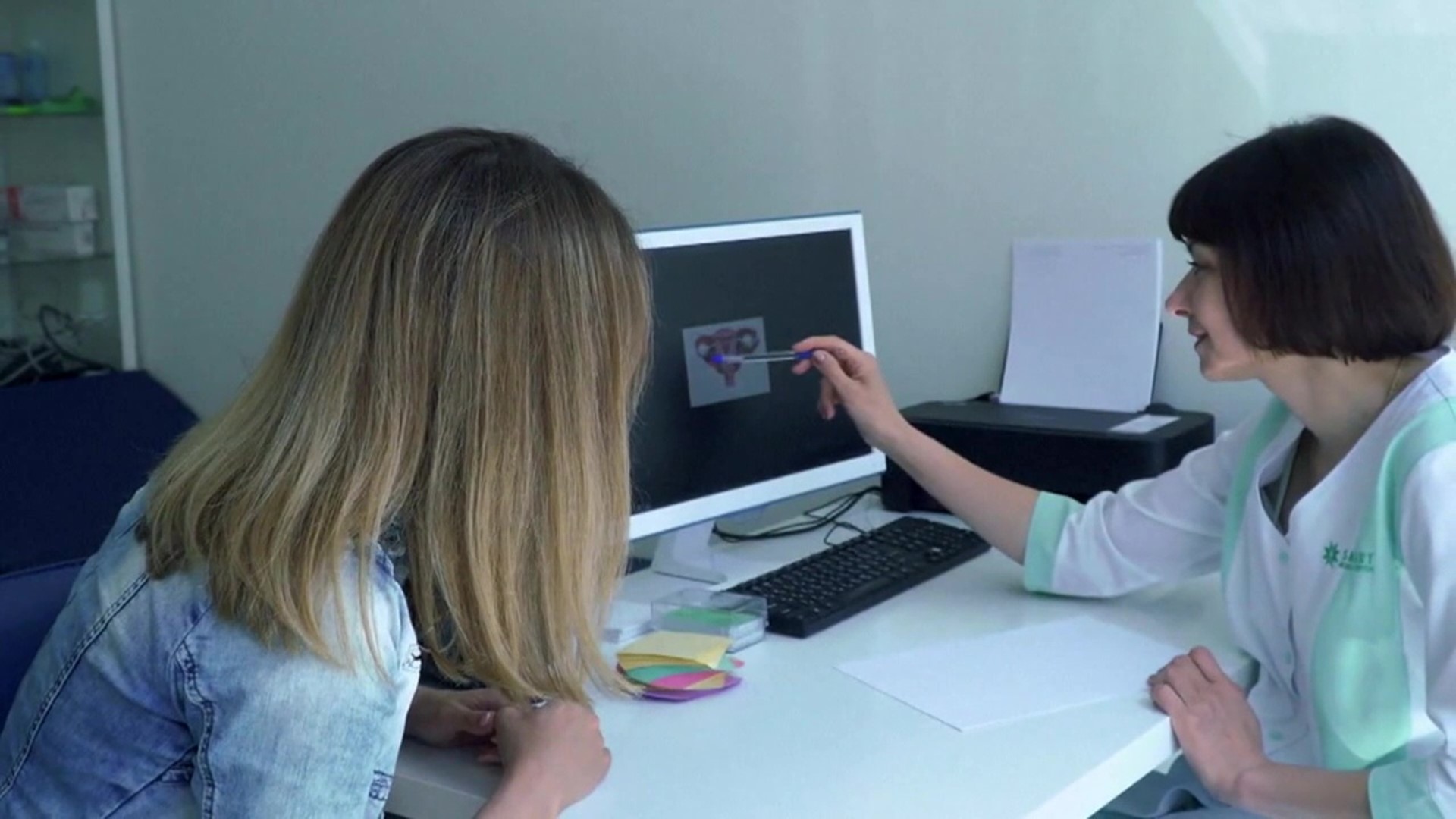DANVILLE, Pa. — Cathy Krepshaw loves grooming dogs and has a dog-grooming business called Itza Clip at her home in Northumberland County.
Krepshaw got a call from her doctor's office in October 2021, which she says wasn't uncommon since she grooms most of the staff's dogs. But that wasn't the reason for this call.
"She said, 'You have cancer,'" Krepshaw recalled. "I just froze. I couldn't understand anything. I couldn't hear anything else. All I heard was that c-word."
Krepshaw had Stage One cervical cancer. She was diagnosed after a routine pap smear at the age of 61.
"That pap smear essentially saved her life, gave us the diagnosis, led her to me, and then she received appropriate treatment for her cancer," said Dr. Scott Purinton, chief of gynecologic oncology at Geisinger.
"He told me that I had to have a total hysterectomy, chemotherapy. He called it a sandwich treatment: chemotherapy, radiation, and chemotherapy," Krepshaw said.
Current guidelines say women should start getting pap smears at the age of 21, but they may need pelvic exams before that.
"A young woman, she comes in, she's 21, and has a pap smear that's normal, she may not need to come back for three years. If it's abnormal, it gets triaged accordingly," Dr. Purinton explained.
Krepshaw wants people to know how important pap smears are.
"I have a lot of people my age saying, 'Oh, well, I'm through kids. I'm this that. I'm not doing that anymore.' You need to have your pap test," Krepshaw said. "You need to."
More information from Geisinger is available HERE.
Krepshaw says she is now cancer-free and feels great.
See more Healthwatch 16 stories on YouTube.

